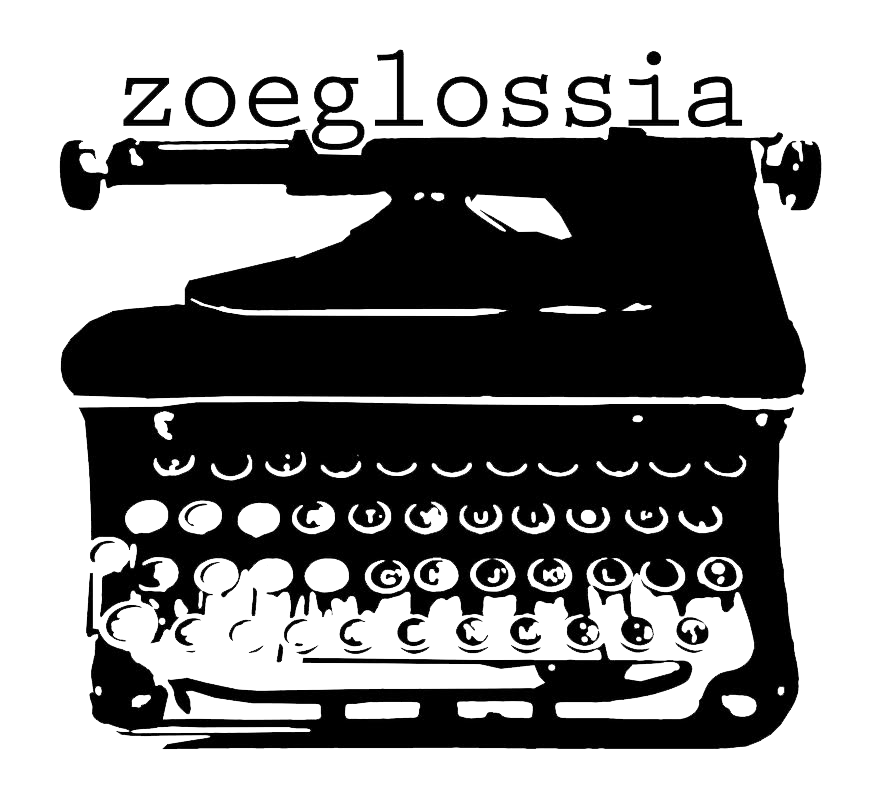January 2023
Zoeglossia Poem of the Week Series: Uncertainty, Intrusive Thoughts, and Dis/Embodiment in OCD Poetics
Curated by Raye Hendrix
Maybe it’s because I’m a Capricorn, the star sign that both ends and begins the year, but it feels significant to me to be curating the December 2022/January 2023 Poet-of-the-Week installment. It also feels significant because beginnings and endings deal, in a sense, with certainty, which is something people with Obsessive Compulsive Disorder (OCD)—like the poets I’ve put in conversation here—crave, but cannot ever truly have. OCD itself is uncertain, containing multiple subtypes and embodiments, with no two people experiencing it in exactly the same way, making it elusive and difficult to diagnose. The poems in this installment reflect that different-sameness, the familiar shock and distress of intrusive thoughts, compulsions, and obsessions with wild variation in triggers, behaviors, and thought content.
In bringing together this group of poets, I wanted to see if we could tap into that disability aesthetic of poetic embodiment and give it a neurodivergent twist into disembodiment as well. I think we succeeded. OCD creates in each bodymind its own unique set of rules and logics; the poem is a space complex and malleable enough to accommodate and dis/embody those logics and its own, too.
In “OCD,” Dani Putney (Jan. 15) writes from the dual space of intrusive thought and thought negation, shifting between the intrusive thought’s future tense, “You’ll break the lamp / on your desk and use the shards / to stab a colleague,” and present tense prevention, “So you move the lamp.” The futurity of the violent, lamp-breaking thoughts, paired with the disconnected distance of the speaker (“You” as “I”) lends the poem a feeling of inevitability, inescapability, that the final line (which I won’t spoil here) hammers home.
That same sense of inescapability is confronted head on in Alyssandra Tobin’s poem (Jan. 22), “Ode to Exposure Response Prevention Therapy, or: I watch a slideshow of dead animals to make me into a better person.” In this poem, true to the title, the speaker watches a slideshow of photos of roadkill, and the longer it goes on the more agency the slideshow, not the speaker, seems to have. In fact, the slideshow (or OCD) not only has agency, but control over the speaker, infiltrates her body: “The slideshow steps on my toes.”
Shiksha Dheda’s poem (Jan. 29), “In Every Intrusive Thought, There is a Memory,” OCD’s feelings of obsession and inevitability are more literally embodied, the text of the poem warped into two overlapping infinity loops. The actual lines, too, tumble into each other and are reconstructed throughout the poem, both making and searching for sense: the early line “In every memory, there is a mishap” towards the end of the poem becomes “In every mishap, there is a memory,” the logic(s) recursive and insular.
Finally, in my poem (Jan. 8), “Stranger in a Strange Land,” I write into my own OCD tendency toward dissociation in an attempt to understand a self that is not me, but is. In trying to reconcile the self who thinks intrusive thoughts and the self who is distressed by them, this poem tries to lean into that uncertainty that is so deeply uncomfortable for those of us with OCD.
